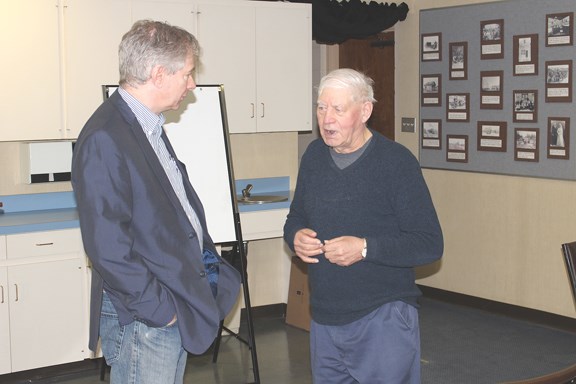While time provides one vision of history, there is also value in the immediate view of events provided by media.
“It doesn’t mean the first daft of history isn’t important,” said Murray Wood, news director from CJME radio, who spoke at Heritage Day at the Yorkton branch of the Western Development Museum.
In an historical sense, radio, newspapers, and television are usually on hand to capture the immediate impression of events, some which have become historically significant moments.
Wood said often the immediate impressions are ‘incredibly powerful.”
As examples, Wood played a clip of newscaster Walter Cronkite announcing the assassination death of American president Kennedy in November 1963. He said it is a moment in time people clearly recall where they were when the news reached them.
Next, Wood played part of British Prime Minister Winston Churchill’s “we will fight on the beaches” speech.
At the time, people listening could not have been aware “it would become one of the most famous speeches in history,” he said, adding at the time it was news, but it became far more.
While news provides snapshots of events in time, Wood also noted at times the process of gathering and telling news “shapes history” too.
As Carl Bernstein and Bob Woodward unveiled the story that would become Watergate it had the impact of leading to the resignation of American president Richard Nixon.
“Daily reporting is not just the first draft of history, but it can shape history,” he reiterated.




